Poetry which has decided to do without music, to divorce itself from song, has thrown away much of its reason for being
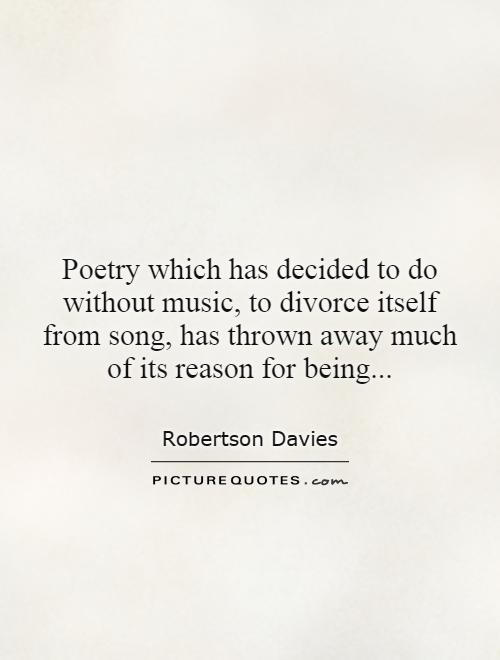
Poetry which has decided to do without music, to divorce itself from song, has thrown away much of its reason for being
Robertson Davies, a renowned Canadian author and critic, once famously said, “Poetry which has decided to do without music, to divorce itself from song, has thrown away much of its reason for being.” This statement speaks to the intrinsic connection between poetry and music, and the importance of rhythm and melody in the poetic form.Davies believed that poetry without music is like a body without a soul – it lacks the essential element that gives it life and meaning. Music has the power to evoke emotions, create atmosphere, and enhance the overall impact of a poem. Without it, poetry can feel flat, lifeless, and lacking in depth.
In the context of Davies’ own work, his poetry often incorporates musical elements such as rhythm, rhyme, and repetition. His poems are lyrical and melodic, drawing the reader in with their musicality and cadence. By marrying poetry with music, Davies is able to create a rich and immersive experience for the reader, one that resonates on a deeper level.
Davies’ belief in the importance of music in poetry is reflected in his own writing style, which is characterized by its musicality and rhythm. His poems are often structured like songs, with a clear sense of meter and rhyme. This musical quality adds a layer of complexity and depth to his work, making it more engaging and memorable.
Furthermore, Davies’ emphasis on the connection between poetry and music speaks to the universal appeal of both art forms. Music and poetry are both forms of expression that transcend language and culture, speaking to the human experience in a way that words alone cannot. By combining the two, Davies is able to create a powerful and evocative form of art that resonates with readers on a profound level.
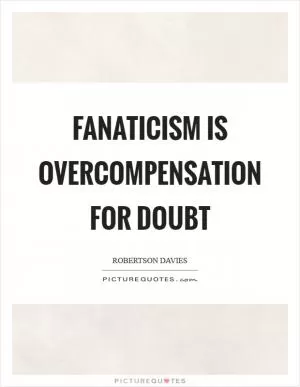
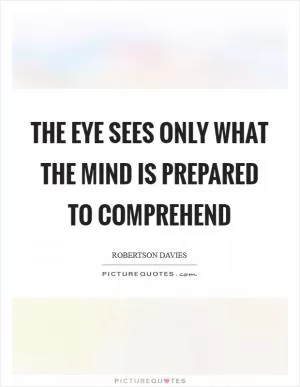


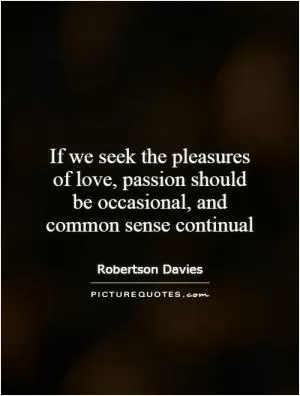
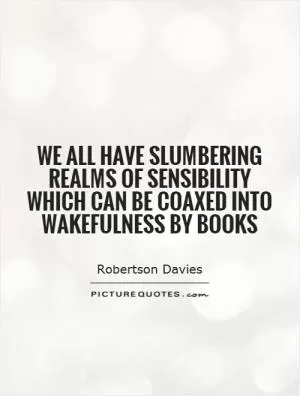
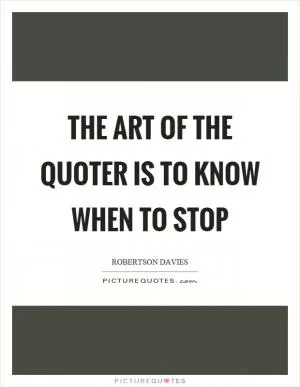


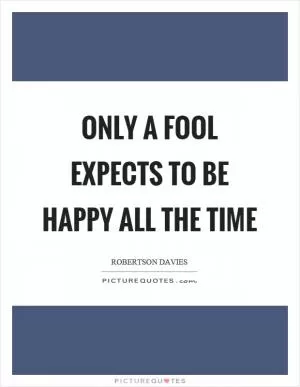


 Friendship Quotes
Friendship Quotes Love Quotes
Love Quotes Life Quotes
Life Quotes Funny Quotes
Funny Quotes Motivational Quotes
Motivational Quotes Inspirational Quotes
Inspirational Quotes